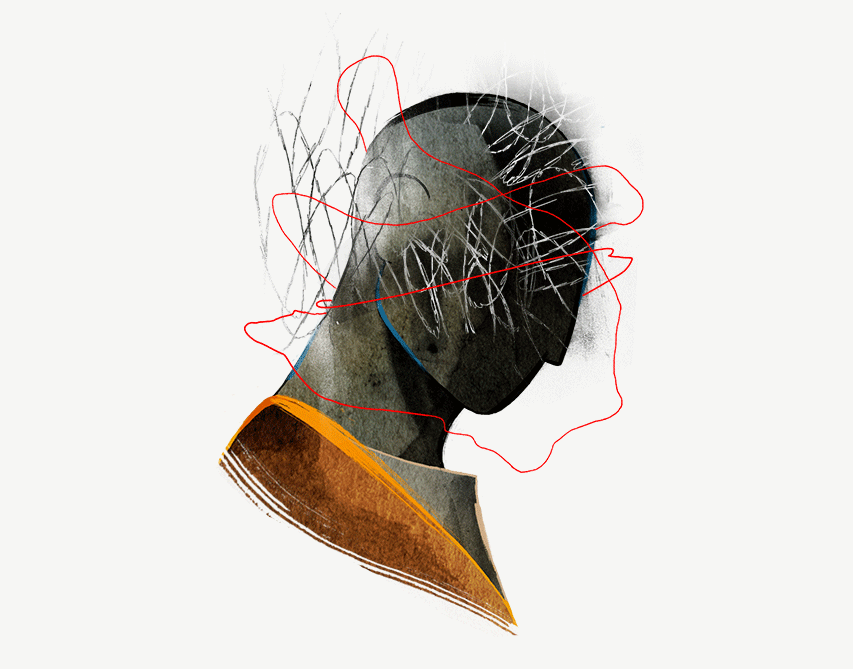Do Pakistani prisoners suffer from deteriorating mental health?
- Rida Syed
- Jul 26, 2020
- 2 min read
Mental health is an often overlooked stigmatized concept that has been shunned from the minds of Pakistani individuals. It is considered as a myth that holds no truth. With a growing population of 212.2 million, almost every single member of this society is bound to face some kind of emotional and mental instability. However, there is collective nullification towards the very possibility of such a notion. The ignorance exuded by the masses has paved the path to their own destruction.
The lack of emphasis placed on mental health problems can be viewed similar to an open wound. When one is injured, the injury is seen and treated. People are given the care they need to recover and heal. Similarly, mental health issues are injuries as well. They may be physically transparent but that does not halt their existence. When these injuries are left unchecked and untreated they grow exponentially, creating breeding grounds of pain and suffering.
Prisoners, existing in institutions locked away from the world around them, are also victims of poor mental health. When locked up in urban jails, members undergo the process of re
socialization. Their previous identity is stripped away to welcome a newly founded person underneath. This is done in the attempt to change their old and detrimental habits and reform them into pioneers of discipline and obedience. While the brainchild of this process is to generate refined members of society, it often overlooks the very basic needs of these prisoners, such as having a sound mental health. Pakistani prisoners, in specific males, have a high prevalence of depression resulting in psychiatric morbidity. Shahid et al. (2014) the authors of the peer-reviewed article, ‘Prevalence of Depression among Male Prisoners at an Urban Jail in Pakistan’ conducted a study on 100 male prisoners in District Jail Lahore. In their article it was stated that the total prevalence of depression was 85%. 30% of the prisoners suffered from mild depression, 20% had moderate depression and 35% had severe depression. (p.699)
These results are alarming and are seen to halt the process of resocialization. As mentioned by Shahid et al. (2014) the markedly high prevalence of depression suggests the dire need for immediate intervention from the government, the prison administrations and the health department. (p. 703) Such action is necessary to allow prisoners to maintain as much discipline as they can within the prisons, and avidly reform themselves in the attempt to reintegrate themselves into the society they once left behind. The Pakistani government should work along the prison administration to provide inmates with the help they require so that they may emerge from correctional facilities as better members of society, not worse.
References:
Shahid, Irtsam & Aftab, Awais & Yousaf, Zohaib & Naqvi, Suhaib & Hashmi, Ali. (2014). Prevalence of Depression among Male Prisoners at an Urban Jail in Pakistan. Healthmed. 8. 699.







Comments